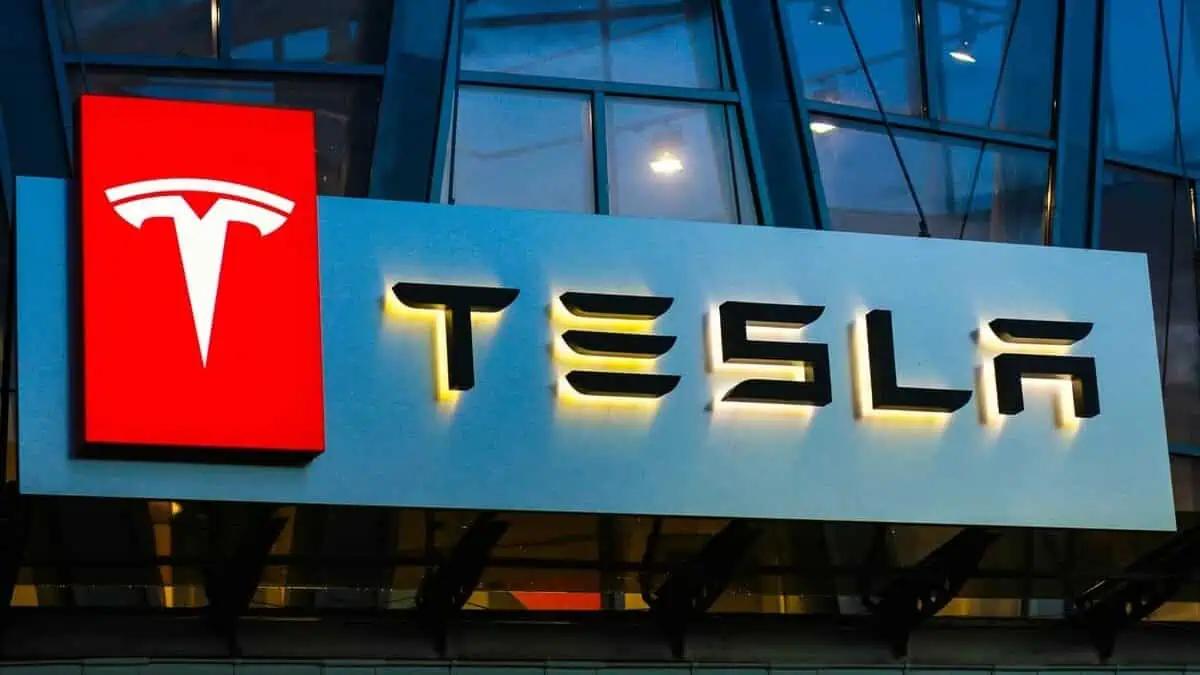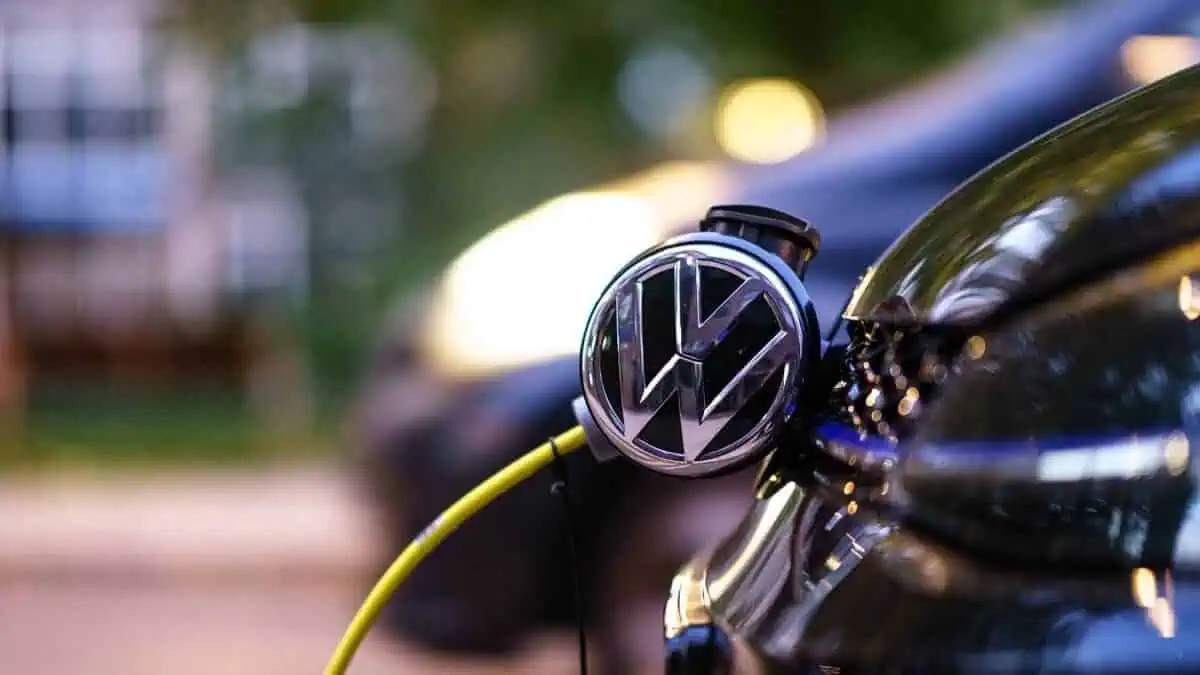Green NCAP (New Car Assessment Programs) published the results of three competitive electric vehicles; the Tesla Model 3, the new-to-market NIO eT7, and the Renault Megane E-Tech 100% electric.
The three vehicles got five stars in the Green NCAP sustainable rating scheme, achieving almost maximum scores because of their electric powertrains’ high energy efficiency, surpassing the ratings of conventional cars, as per Electric Cars Report.
Notably, the results also show that manufacturers’ EV investments can create a choice for customers that considers the environment and energy efficiency and, at the same time, bring comfort, enjoyment, and necessary power to suit journeys.
“This latest round of Green NCAP testing clearly proves that electric vehicles are an excellent consumer choice in the quest for ensuring a cleaner and more sustainable environment. They score far higher than those with conventional powertrains,” says Secretary General of Euro NCAP and Green NCAP, Dr. Michiel van Ratingen.
“However, affordability is still a challenge. We call on manufacturers to further improve the efficiency of cabin heating in winter conditions, as this is shown to have a significant impact on driving range. The efficiency of the on-board charger constitutes a hidden cost for consumers and here the industry also needs to strive for higher numbers,”
Tesla Model 3
The Tesla Model 3 has a broad and sporty appeal with a 60 kW battery capacity, 208 kW power, single motor, and rear-wheel drive. It is the smallest of the Tesla vehicle range and the brand’s first model to undergo the Green NCAP test.
The model achieved high energy efficiency in the Cold and Warm WLTC+ laboratory tests and the challenging Highway Test with an impressive result of 21.1 kWh/100 km.
Tesla’s small frontal area and aerodynamic shape go with the vehicle’s advantage. Although in the WLTC+ test cycle at -7°C, because of the high demands of comfort, battery protection management, and cabin heating, consumption rises to 72%, and the driving range is reduced.
Despite this and the model’s relatively high mass, its result shows that it was designed with special attention to driving range and efficiency. Green NCAP awards Tesla’s performance with a Weighted Overall Index of 9.8 out of 10 and 5 Green stars.
NIO eT7
NIO is a relative startup in the European market. However, it already makes a statement with its fully equipped eT7.
The NIO model comes with two motors, an all-wheel drive, 480 kW power output, and a 100 kWh battery. But this adds weight, as the NIO tips the scales at 2.4 tons.
In the WLTC+ laboratory test, the eT7 precisely matched its declared range of 580 km. Despite its high mass, the eT7 presented high overall efficiency.
Furthermore, under cold winter conditions (WLTC+ test at -7°C), like the Tesla, a consumption increase of 72%, resulting in an expected 340 km driving range.
Despite its high mass, the NIO model is impressive and obtained a Weighted Overall Index of 9.6 out of 10 and another well-deserved 5 Green stars.
Renault Megane E-Tech EV60
Green NCAP tested the Renault Megane E-Tech EV60 with 60 kWh battery capacity, front-wheel drive, and single motor. With 160 kW power and a roomy interior, it surely presents a broad appeal, specifically with the model’s low energy consumption figures.
In addition, values in the standard Cold and Warm WLTC+ tests are excellent. However, as with the NIO eT7, they notably rise in the Highway Test with its dynamic high power demand phases.
Notably, the results of the performed short urban trip are noteworthy, as the Renault model only used about 11.8 kWh/100 km.
Meanwhile, in the same -7°C laboratory test, the consumption increased by 78% compared to the standard test. And a 30 kWh/100 km finds itself between the other two tested cars’ measured values.
The Renault Megane E-Tech demonstrates excellent performance, like the other two EV models mentioned, and collects 9.6 out of 10 points in the Weighted Overall Index and 5 Green stars.
Green NCAP
All three vehicles received Green NCAP’s top marks because of the absence of polluting gas emissions, impressive energy efficiency scores, and the relatively low greenhouse gas emissions of European electricity production.
Green NCAP is an independent initiative promoting car developments that are clean, energy-efficient, and cause little harm to the environment as possible. It aims to improve air quality, reduce global warming, and minimize the use of resources for passenger transportation.






